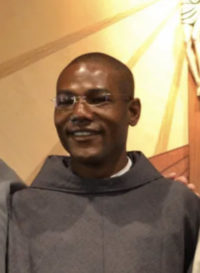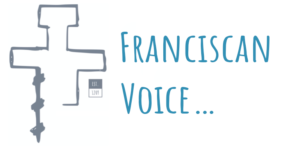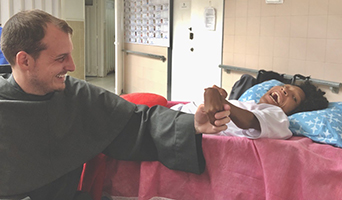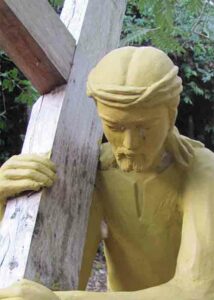The works of mercy are common Christian practices that find their roots in the teachings of Jesus. “For I was hungry and you gave me food, I was thirsty and you gave me drink, a stranger and you welcomed me, naked and you clothed me, ill and you cared for me, in prison and you visited me.” (Matthew 25:35-36). As human beings, we are called to respond to the basic (corporal and spiritual) needs of our brothers and sisters, as we journey through this life.
In addition to the current list of corporal and spiritual works of mercy, Pope Francis, in his message for the World Day of Prayer for the Care of Creation (published on Sept. 1, 2016), added Care of Creation as an additional work of mercy. As a corporal work of mercy, our Holy Father calls us to “simple daily gestures which break with the logic of violence, exploitation and selfishness.” As a spiritual work of mercy, we are called to “grateful contemplation of God’s world which allows us to discover in each [created] thing a teaching which God wishes to hand on to us.”
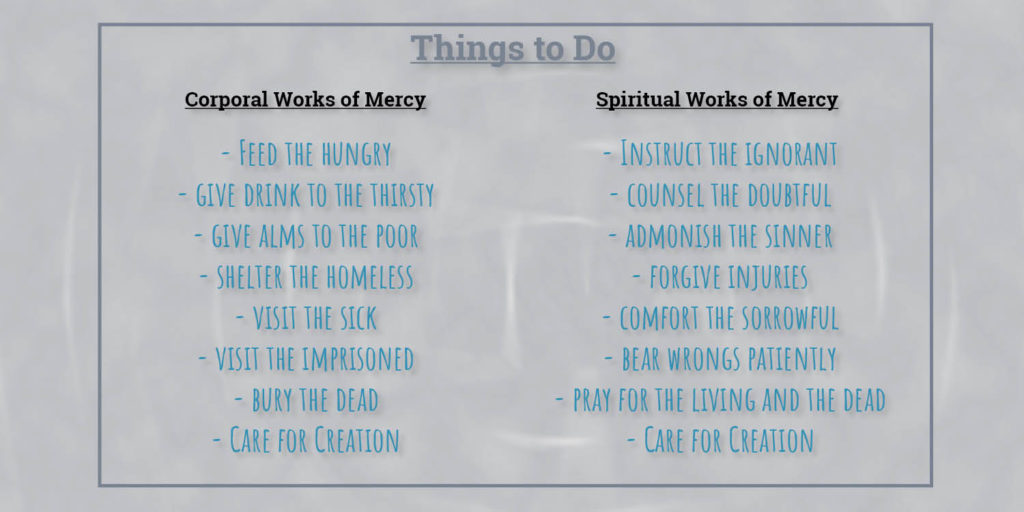
This lenten season, step into the threshold of walking with Jesus, taking greater heed to the suffering of the poor and the homeless, who are struggling throughout the COVID-19 pandemic. Reflecting on the time that’s passed since the pandemic started, I hope we have become more humble and caring, that we actually want to hear the stories of those who have no voice. As a society, we are living in really difficult times, and those types of feelings need to be taken into consideration in our daily lives.
Moreover, we are called to continual improvement because our challenges and our confronting sustained and unresolved injustices cannot be eliminated overnight. The mission entrusted to us has not yet been accomplished.
friar Nicholas Maria Lubin OFM Conv.
